BOLLYWOOD LET DOWN SUSHANT AND SO MANY STARS
BY THE time Bhagwan Dada died of a massive heart attack on February 4, 2002, aged 88, he was forgotten and living in a tiny room with nothing.
When Meena Kumari passed away alone in a hospital bed, aged 38, legend has it that there wasn’t enough money to pay costs and those present apparently took the last remaining jewellery she had from her fingers to pay the medical bills, and funeral.
Once the most beautiful woman in Bollywood, Parveen Babi was largely abandoned to battle mental illness alone and had been dead for three days before she was found. Silent movie superstar Sulochana died penniless in the early 1980s, despite being the fifth recipient of Indian cinema’s highest honour The Dadasaheb Phalke Award.

There was a similar story for many others, including the great Bharat Bhushan. What all these names have in common is that they were huge movie stars who were forgotten by their own industry and had tragic endings. They all also illustrate how much of a selfish and unforgiving place Bollywood has always been.
That is why it is no surprise that most of the Hindi movie industry forgot Sushant Singh Rajput shortly after putting up solitary social media posts and why they will unlikely do anything to mark his birth anniversary on January 21. Nineteen months after his untimely death, none seem to have wanted a thorough inquiry into his death or questioned why the investigation remains open. The industry isn’t any closer to setting up something for fraternity members in need or addressing the issue of mental health in a meaningful way. Some accused him of taking drugs, but none have come forward to start any kind of anti-drugs campaign.
It is a part of a pattern that goes right back to the early days of Indian cinema when many pioneers, superstars and hardworking actors were forgotten, when faced with difficulties in life. Even pathbreaking legends, who had great lives, were disrespected by the younger generation, who chose to party nearby instead of attending their funerals. Late actor Rishi Kapoor had slammed these youngster stars in 2017 for partying instead of attending Bollywood legend Vinod Khanna’s funeral. All of these late celebrities were loved and centre of attention but cast aside when no longer useful.
The industry forgets so many of these personalities because they shine a mirror into the ugly side of Bollywood. That is why the fraternity probably wanted to quickly move on after Sushant died, like it has done countless times across the decades. They didn’t want to remember the opportunities he was robbed of and how badly the industry let him down during his most difficult times. But those left deeply affected by his death haven’t let that happen and turned the tragedy into a reckoning.

The late actor was the most trended Indian film personality on Twitter in 2021 and boycott Bollywood was the most dominant Hindi cinema topic on the micro-blogging site, by far, largely due to the hurt felt by his death.
Countless people have kept calling for justice and many have made good on the promise of boycotting Bollywood, which was demonstrated by a shockingly high number of films failing. In fact, 2021 was arguably the worst ever year for Hindi cinema.
That remembrance of Sushant will continue on January 21, which would have been his 36th birthday. Like last year, the day will be filled with sadness and there will be a call for a conclusive investigation into his death. While that happens, Bollywood will carry on hoping it will go away, but that won’t happen. Sushant’s wellwishers will remember him for years to come and carry on reminding Bollywood about its poor attitude towards outsiders. Already in 2022, Sushant is trending across social media more than any other Hindi film star and continues to shine.
The actor has left a giant spotlight onto the ugly side of Hindi cinema, which doesn’t look like it is going to dim any time soon.




 An explosive new play that fuses biting satire, history and heartfelt storytellingPleasance
An explosive new play that fuses biting satire, history and heartfelt storytellingPleasance








 Lunchbox is a powerful one-woman show that tackles themes of identity, race, bullying and belongingInstagram/ lubnakerr
Lunchbox is a powerful one-woman show that tackles themes of identity, race, bullying and belongingInstagram/ lubnakerr She says, ''do not assume you know what is going on in people’s lives behind closed doors''Instagram/ lubnakerr
She says, ''do not assume you know what is going on in people’s lives behind closed doors''Instagram/ lubnakerr
 He says "immigrants are the lifeblood of this country"Instagram/ itsmetawseef
He says "immigrants are the lifeblood of this country"Instagram/ itsmetawseef This book is, in a way, a love letter to how they raised meInstagram/ itsmetawseef
This book is, in a way, a love letter to how they raised meInstagram/ itsmetawseef
 The crew of The Ministry of Lesbian Affairs
The crew of The Ministry of Lesbian Affairs
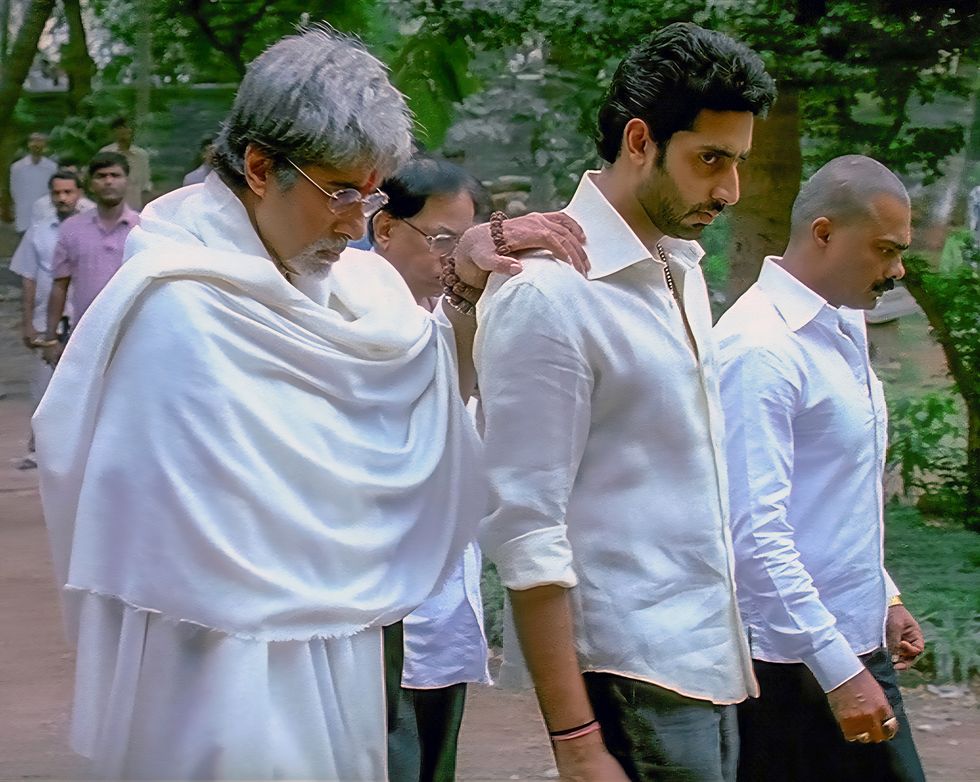 A still from Sarkar, inspired by 'The Godfather' and rooted in Indian politicsIndia Glitz
A still from Sarkar, inspired by 'The Godfather' and rooted in Indian politicsIndia Glitz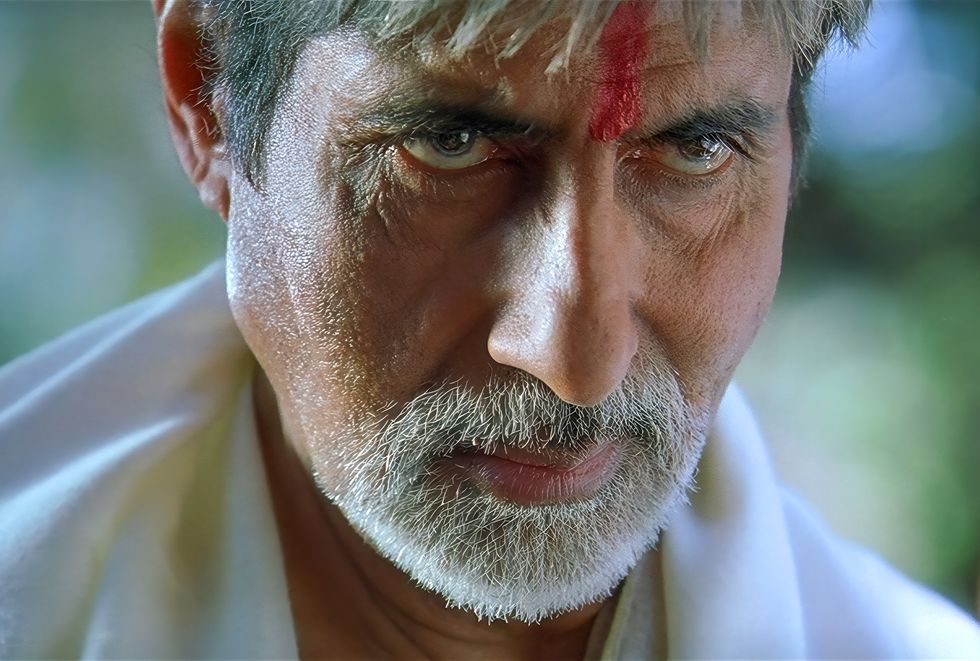 Sarkar became a landmark gangster film in Indian cinemaIndia Glitz
Sarkar became a landmark gangster film in Indian cinemaIndia Glitz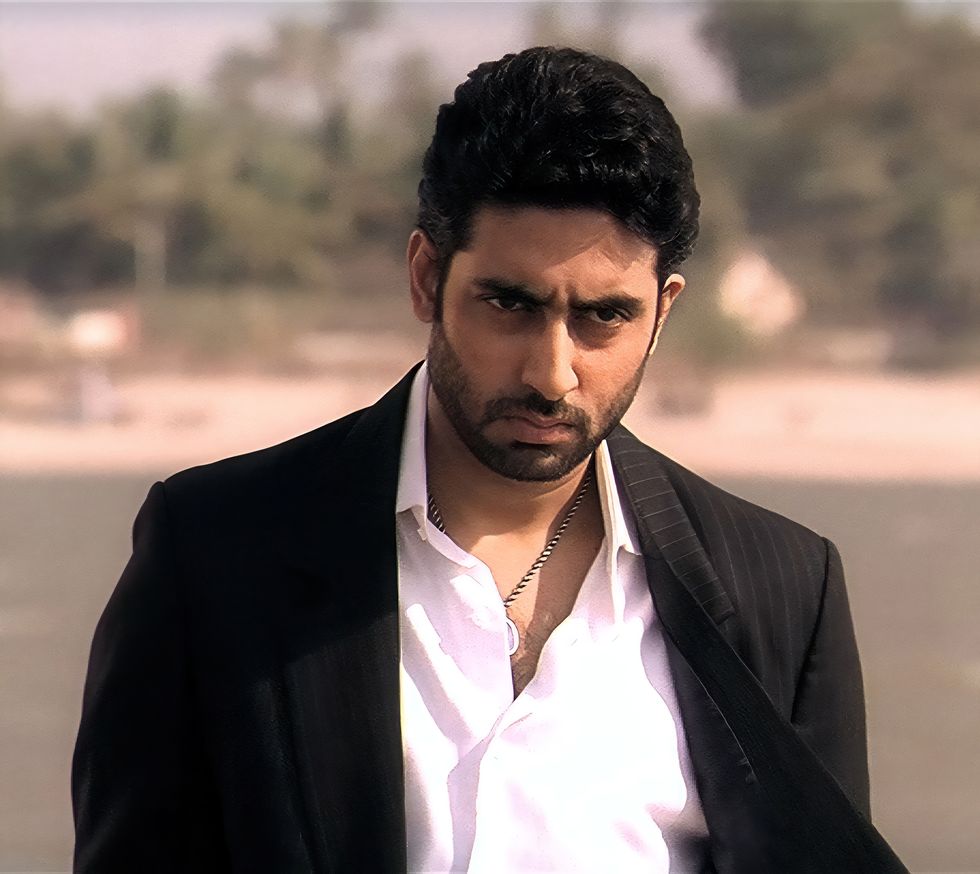 The film introduced a uniquely Indian take on the mafia genreRotten Tomatoes
The film introduced a uniquely Indian take on the mafia genreRotten Tomatoes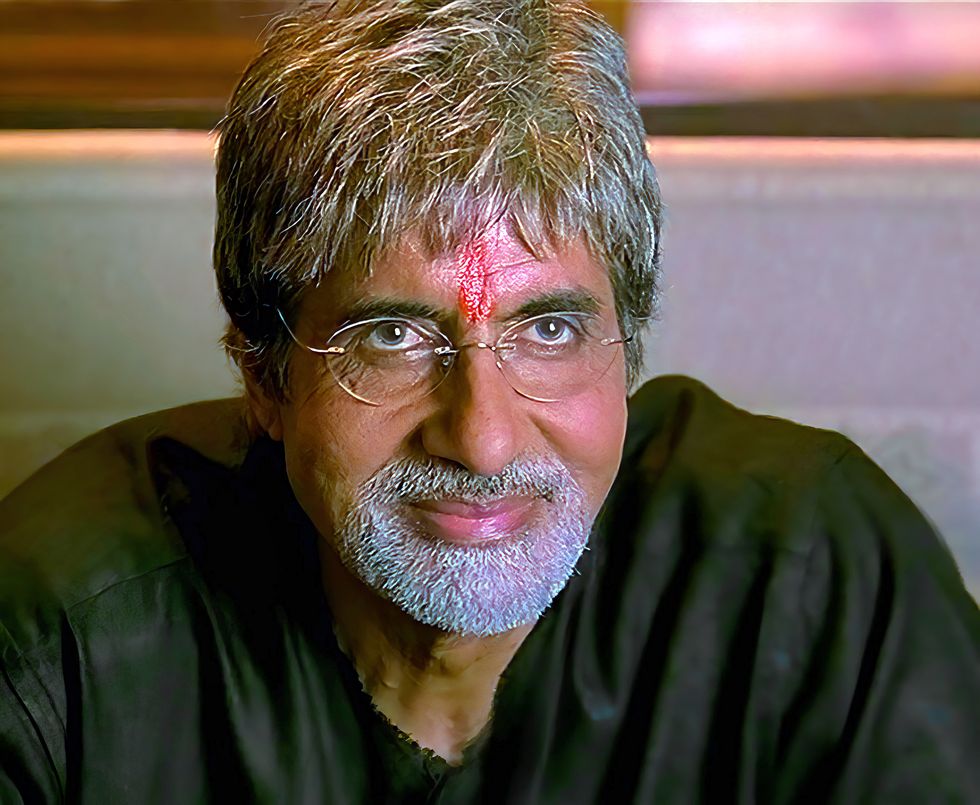 Set in Mumbai, Sarkar portrayed the dark world of parallel justiceRotten Tomatoes
Set in Mumbai, Sarkar portrayed the dark world of parallel justiceRotten Tomatoes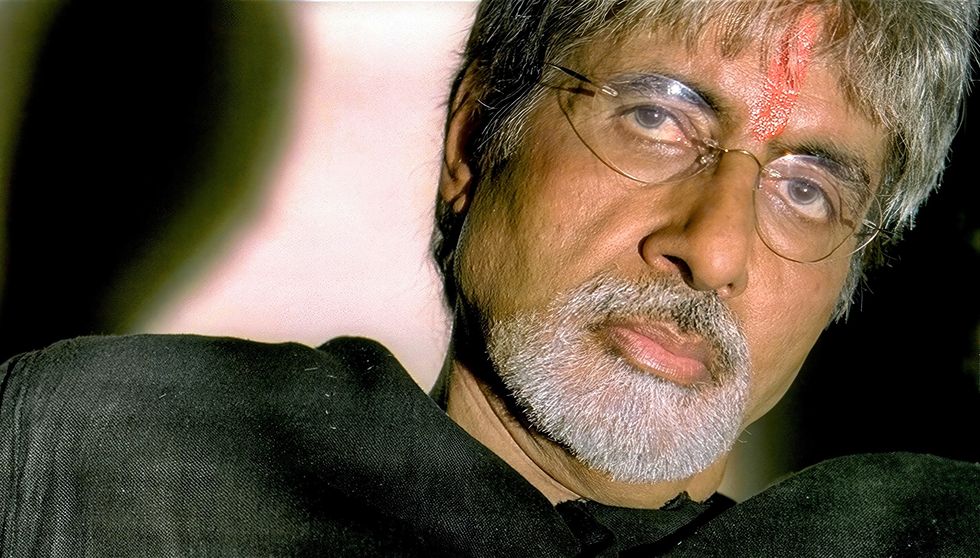 Ram Gopal Varma’s Sarkar marked 20 years of influence and acclaimIMDb
Ram Gopal Varma’s Sarkar marked 20 years of influence and acclaimIMDb
Police may probe anti-Israel comments at Glastonbury